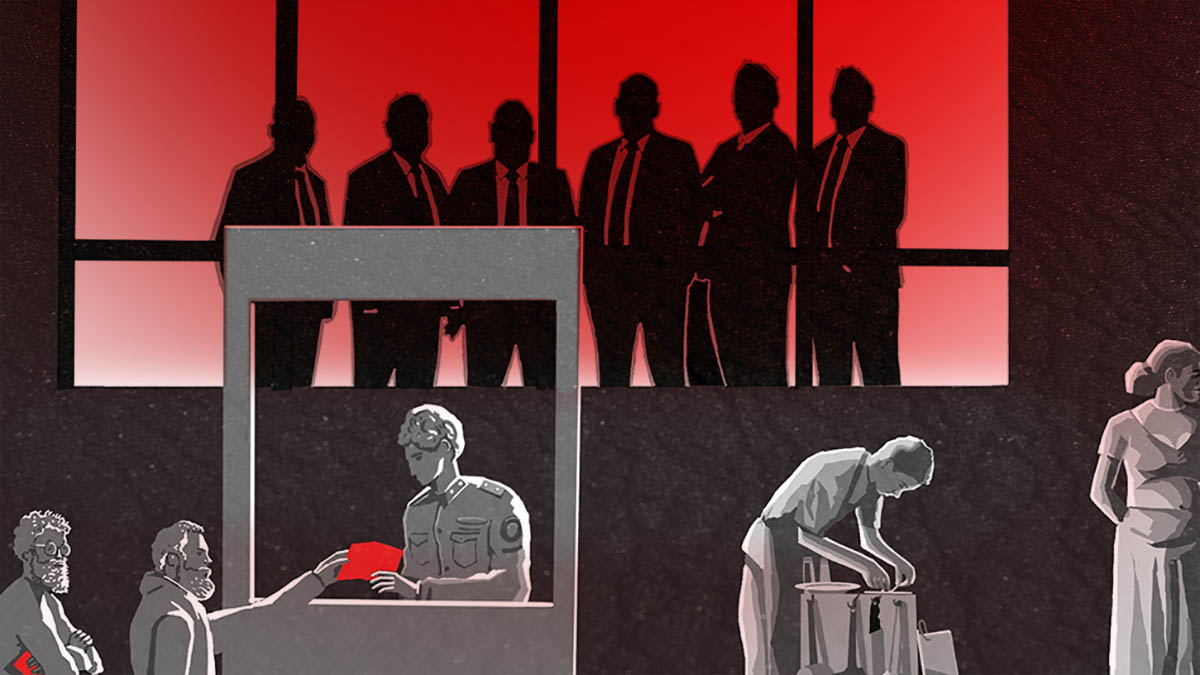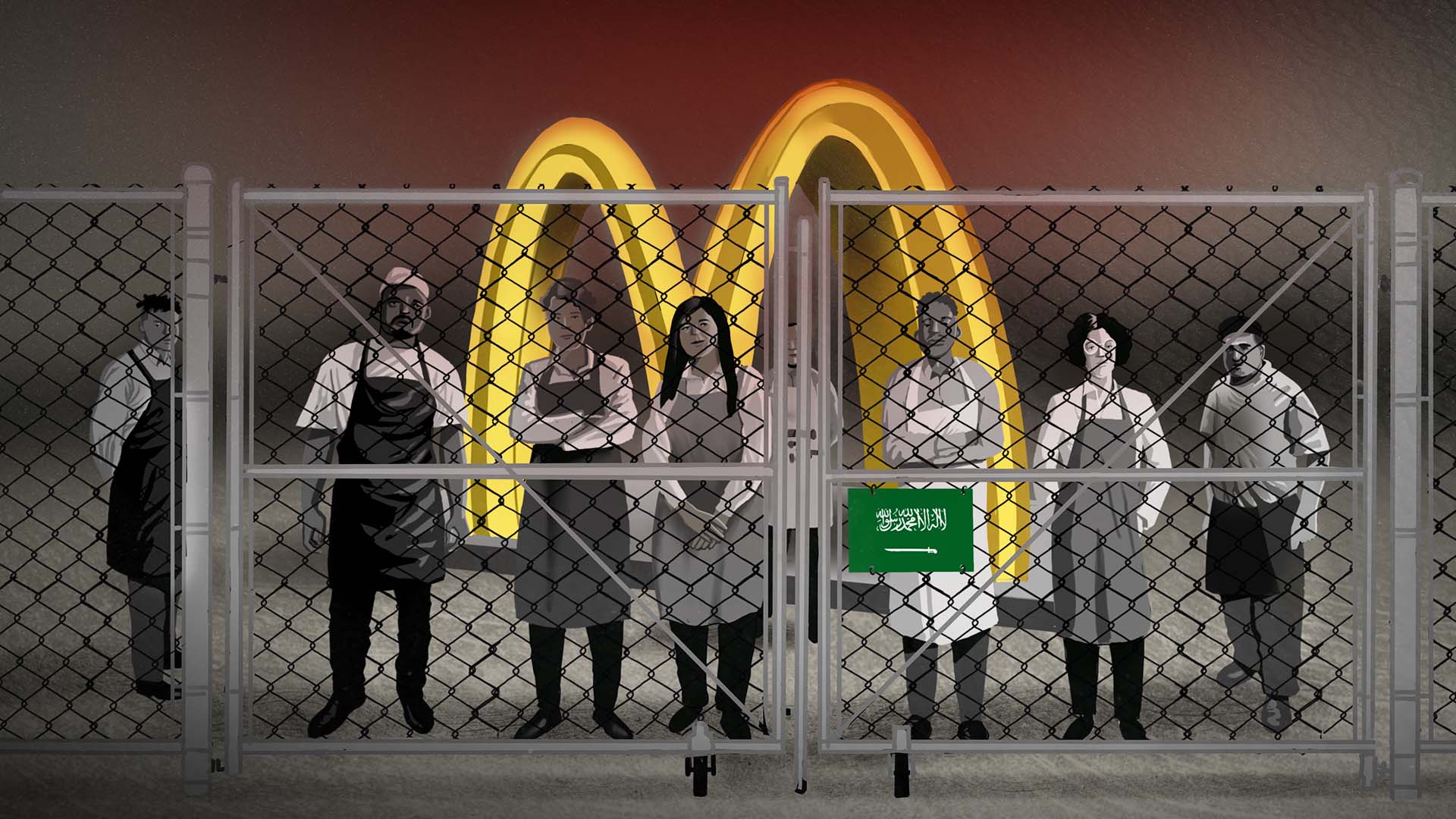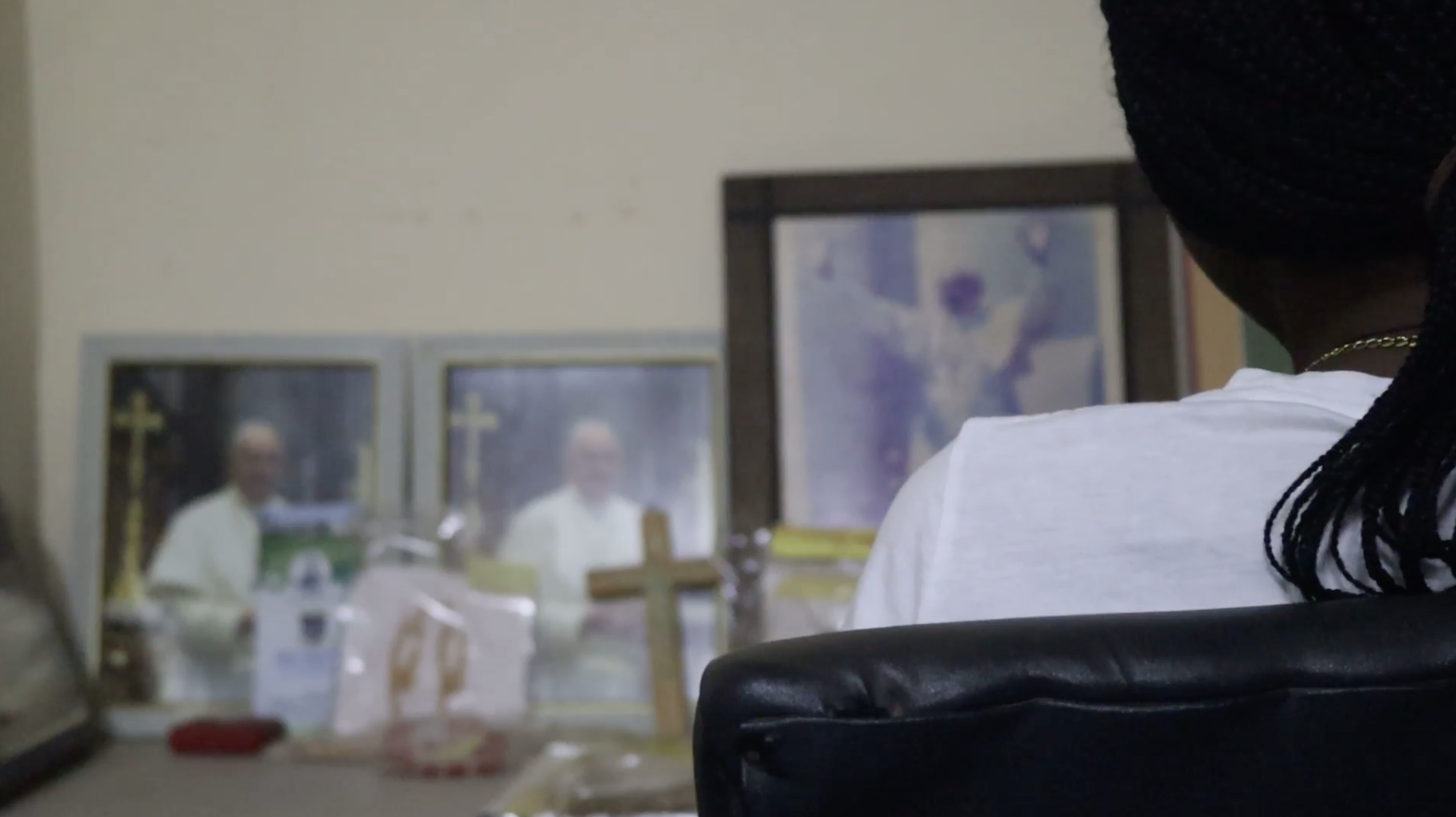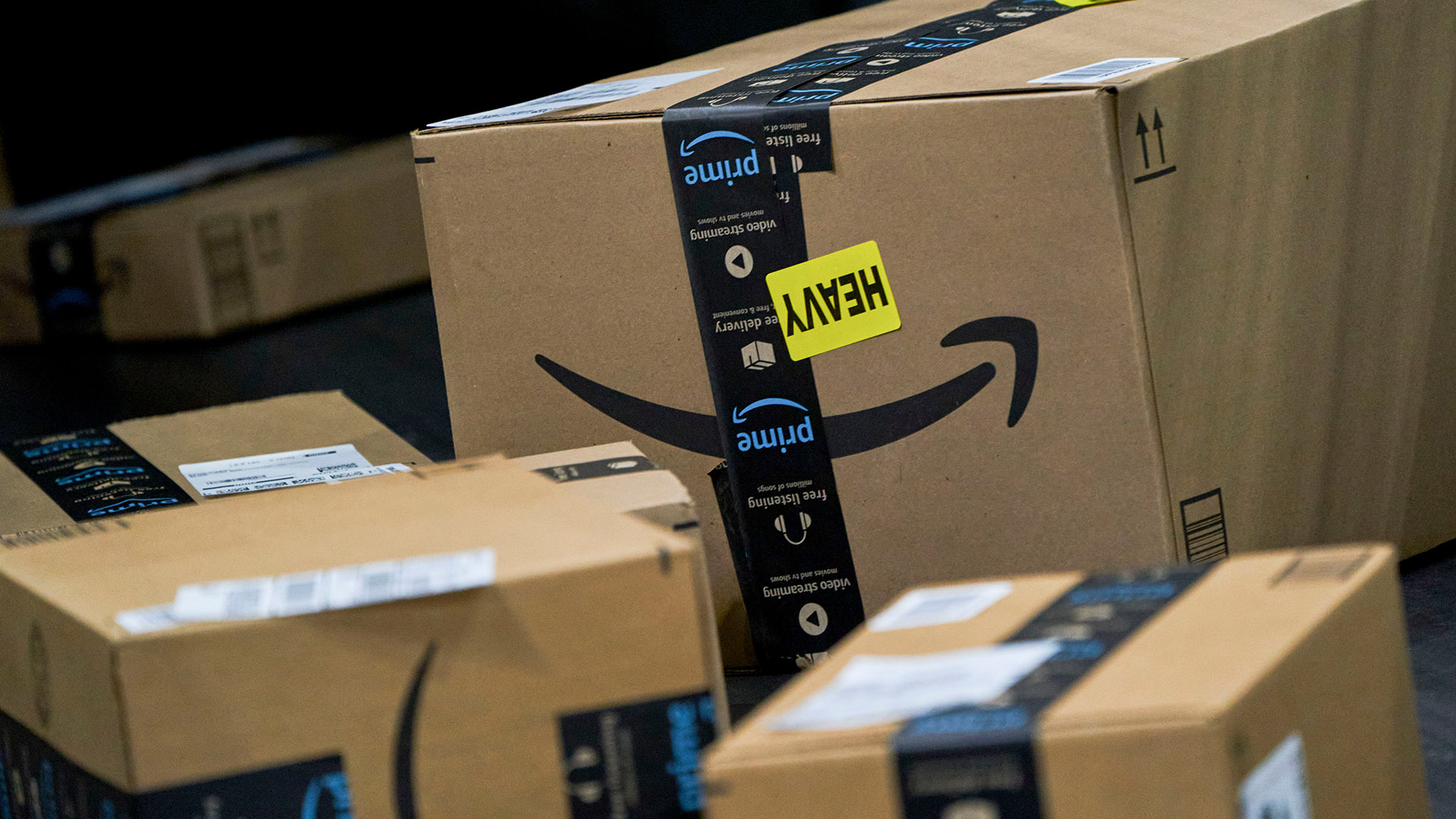Auditing firms hired to investigate the overseas operations of American and European companies often fail to protect workers from exploitative practices by “design,” industry insiders and experts told The Guardian as part of the latest tranche of stories in the Trafficking Inc. investigation.
Specialist auditors hired by corporations to identify labor abuses described instances of clear labor violations: scared workers, false records, confiscated documents. But these insiders told The Guardian that pushback from managers and a lack of regulation means there is little auditors can do to address violations.
“Nobody is working for the sake of betterment of workers,” one anonymous auditor in India told The Guardian. “Everybody is here to make money.”
The reporting is part of ICIJ’s Trafficking Inc. investigation, a collaboration with The Guardian, Arab Reporters for Investigative Journalism and NBC News that seeks to document the people, systems and businesses that enable and profit from human trafficking.
For the latest installments of the investigation, ICIJ spoke with nearly 100 current and former migrant workers in the Persian Gulf, who said they were subjected to repressive labor practices while working for locations of Amazon, McDonald’s, Chuck E. Cheese and the InterContinental Hotels Group.
Several of the practices the workers described are considered hallmarks of labor trafficking, including hefty recruitment fees, obfuscation of real employers, confiscation of passports and limited freedom to quit. They’re also what so-called “socal audits,” investigations of conditions inside factories and workplaces, are supposed to identify.
According to The Guardian, the auditing industry emerged in the 1990s amid damaging revelations about the use of overseas sweatshops by American companies. By 2020, the industry was valued at $80 billion.
But researchers say many auditing firms are more likely to protect companies from costly PR scandals than to prevent labor abuses.
“Since 2016 I’ve been scrutinizing the audit industry, and I’ve read about 80 social audit reports and I’ve not seen one that inspires confidence,” Aruna Kashyap, associate director on corporate accountability at Human Rights Watch, told The Guardian.
Kashyap, who interviewed dozens of auditors and industry experts for a Human Rights Watch report, found that auditing practices often lack the independence and transparency needed to keep workers safe.
A 2021 analysis by Cornell professor Saroh Kuruvilla of more than 40,000 social audit reports from multiple countries revealed almost a third of audits were falsified. Kuruvilla’s research also uncovered a parallel industry focused on gaming the audit system, including coaching services in China that promised to ensure a “100%” pass rate, in some cases by falsifying wage and overtime records..
Even if auditors were more diligent, Kashyap told The Guardian, there is scant legal impetus for companies to act on auditors’ findings. Often audits are conducted inside workplaces and under surveillance by management, she said.
“It’s a report that’s dropped into a corporate blackhole and no one knows what’s in it or how these reports improve workers’ lives,” Kashyap told The Guardian.
While American companies could potentially be criminally liable for trafficking overseas under the Trafficking Victims Protection Act of 2000, human rights advocates have struggled to use the law to protect workers or punish companies.
“It is scandalous how much power has been afforded to multinational corporations, American brands, to dictate the terms of their own complicity,” Elena Shih, an assistant professor at Brown University, told The Guardian.
A new European Union proposal — the Corporate Sustainability Due Diligence Directive — would require companies to identify risks of human rights abuses in their supply chains, including large American companies operating in Europe.
The directive would subject companies in violation to sanctions such as fines, and allow victims of abuse to seek compensation. But its success, The Guardian noted, hinges on effective enforcement mechanisms.
As Genevieve LeBaron, a professor at Simon Fraser University in Canada, put it: Corporate efforts to clamp down on labor trafficking “are failing because they are designed to fail.”







